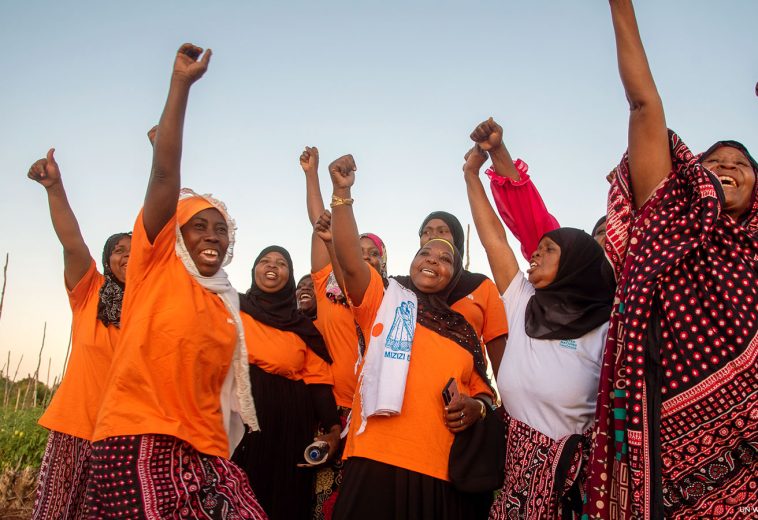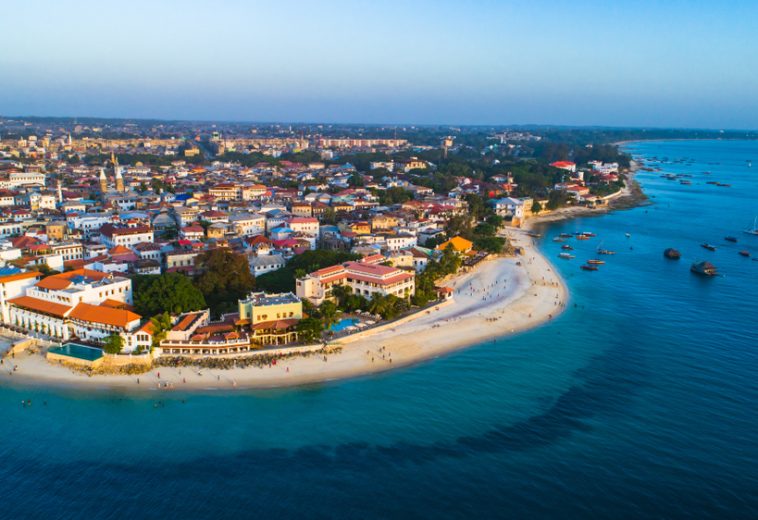Africa’s foray into space exploration marks a significant milestone in the continent’s technological and scientific development. For decades, Africa’s role in space exploration remained on the periphery. However, a paradigm shift is underway. African nations are rapidly developing their space programs, driven by a desire to address continental challenges and a vision for a self-reliant future. This surge in activity marks a new chapter in human space exploration, with Africa emerging as a key player in the “New Space Age.”
Africa’s space ambitions are firmly rooted in addressing real-world issues. Earth observation satellites are a major focus. The EgyptianSat-2, launched in 2019, monitors the Nile Delta, providing crucial data for water management and agricultural planning. Similarly, GhanaSat-1, collaborating with Japan, tracks deforestation and aids in environmental protection efforts.
Beyond Earth observation, Nigeria’s NigeriaSat-2 is designed for disaster management, providing real-time data during natural disasters like floods and wildfires. South Africa’s MeerKAT radio telescope is already making waves in astronomy, contributing to groundbreaking discoveries about the universe’s origins.
Homegrown Innovation
The cornerstone of Africa’s spacefaring future lies in fostering domestic technological expertise. The African Development Satellite (AfDev-Sat) program is a shining example. Led by Egypt, with collaboration from several African nations, AfDev-Sat aims to build a satellite specifically designed for monitoring climate change across the continent. This project fosters knowledge transfer and empowers participating countries to develop their space industries.
Furthermore, several countries are establishing research institutions dedicated to space technologies. South Africa’s planned “Deep Space Tracking Station” exemplifies this commitment. Scheduled for completion in 2025, this facility will play a vital role in NASA’s Artemis missions, highlighting Africa’s growing role in international space exploration.
International Collaborations
“The collaboration between African nations and international space agencies is vital for the continent’s advancement in space technology and scientific research.” – Dr. Mahmooda Sultana, Scientist at NASA’s Goddard Space Flight Center. Africa recognizes the importance of international partnerships to propel its space ambitions forward. The continent is actively collaborating with established space agencies like those of Japan and the European Union. These partnerships provide access to expertise, technology, and resources that accelerate Africa’s space development.
The newly formed African Space Agency (AfSA) represents a significant step towards continental cooperation. Established in 2017 and officially inaugurated in 2023, AfSA aims to harmonize national space programs, foster knowledge exchange, and create a unified African voice in the global space dialogue.
Future Goals
The future of Africa’s space programs is marked by ambitious goals and visionary projects, aiming to leverage space technology for socio-economic development and scientific advancement.
Establishing a Pan-African Space Agency
A significant goal is the establishment of a Pan-African Space Agency to coordinate and integrate space activities across the continent. This agency would streamline efforts, optimize resources, and foster collaboration among African nations, positioning the continent as a unified entity in the global space community.
African countries plan to expand their satellite constellations for enhanced earth observation, communication, and navigation capabilities. These satellites will play a critical role in addressing challenges such as climate change, natural disasters, and sustainable development.
Though currently in its nascent stages, the aspiration for human spaceflight is a long-term goal for Africa. Developing the necessary infrastructure and technology for crewed missions would mark a significant achievement, demonstrating the continent’s advanced capabilities in space exploration.
Promoting Space Science and Education
Investing in space science education and research is crucial for sustaining Africa’s space ambitions. Initiatives to promote STEM (science, technology, engineering, and mathematics) education, coupled with international exchange programs, will ensure a continuous supply of skilled professionals in the space sector.
Developing a skilled workforce is paramount. AfSA prioritizes training and education initiatives to create a generation of African space scientists, engineers, and entrepreneurs. Additionally, fostering a vibrant private space sector is crucial. Numerous “NewSpace” companies are already emerging across Africa, developing innovative technologies and services.
The ultimate goal is for Africa to become a major player in the global space economy. By leveraging its strategic geographical locations, fostering innovation, and collaborating with international partners, Africa has the potential to not only address its own challenges but also contribute significantly to the advancement of space exploration for all humankind.
READ ALSO: Upscaling Legal and Human Rights Development in Africa
Africa’s spacefaring journey is not without its hurdles. Limited financial resources and a fragmented space ecosystem across the continent pose significant challenges. Additionally, ensuring equitable access to space-derived benefits for all African nations remains a critical consideration.
A New Dawn for Africa
Despite the challenges, Africa’s space ambitions are a testament to the continent’s determination to forge its path in the new space age. By focusing on solving real-world problems, nurturing domestic talent, and forging international partnerships, Africa is poised to play a transformative role in the future of space exploration. As this new chapter unfolds, the world is anticipating the remarkable feats Africa will achieve in the vast expanse of space.


